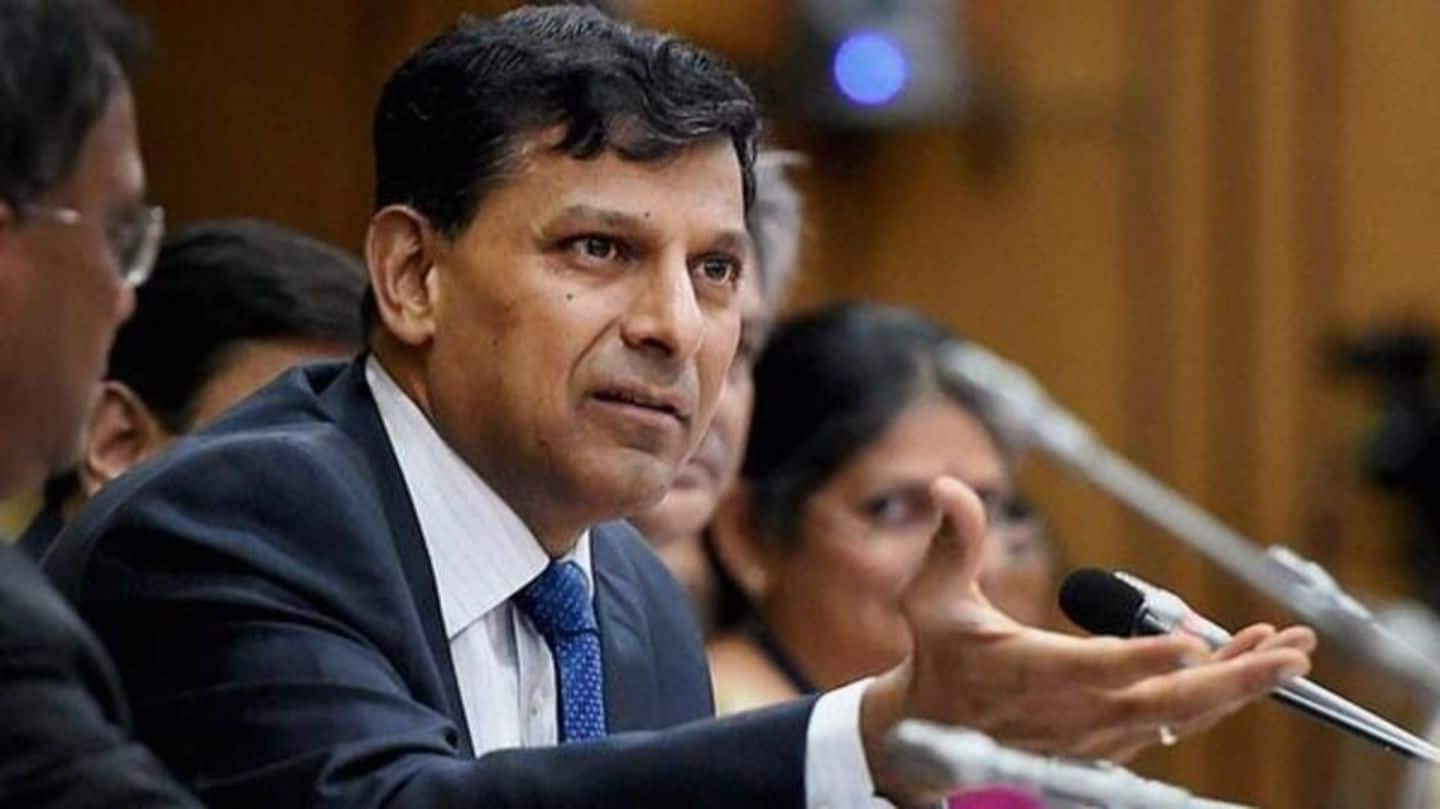
Raghuram Rajan breaks silence on demonetization: 'Warned govt against it'
What's the story
When former RBI governor Raghuram Rajan was in charge, speculations were rife about his rift with the Narendra Modi government. There were differences over rate cuts and policies, and then MP Subramanian Swamy launched personal attacks on him publicly as Modi stayed silent. Now Rajan has broken his silence on demonetization: the MIT alumnus said he had warned the government against the move.
Details
What exactly does Rajan think about demonetization?
In his new book 'I Do What I Do: On Reforms Rhetoric and Resolve', Rajan says he opposed the demonetization proposal. The RBI outlined the time and steps needed if the move was approved and flagged the possible consequences of inadequate preparation. Alternatives were also suggested to curb black money. Rajan warned the short-term costs would outweigh the long-term benefits.
Cons
The costs of the move, according to Rajan
Rajan says the costs of demonetization have been high: GDP has suffered by 1-2% - in real terms, a loss of Rs. 2L crore-Rs. 2.5L crore. Other costs include hassles faced by the public, printing cost that the RBI has estimated at Rs. 8,000cr, and cost of withdrawing money from circulation. The impact was hardest on the poor and small informal firms.
Quote
Could it have been done better?
"I think the view of any monetary economist would be that you first print the money and then do the demonetization, and I do not know what the rationale for doing it when it was done is," he said.
Black money
But has it curbed illegal wealth?
Not much, Rajan says. "The fact that 99% has been deposited certainly does suggest that aim has not been met." He thinks it can be corrected though: "The government can investigate the deposits, and some of it may turn out to be black money but it does imply that a greater effort is required." It can also mean "more harassment for the general public".
Opportunities
Has there been any benefit at all?
Rajan noted differences have been observed after demonetization: electronic transactions had gone up, but now it has come back to "broadly the trend growth line". UPI transactions and tax inflows have increased, he said, but how much demonetization contributed to these growths isn't clear. "At this point, one cannot in any way say (demonetization) has been an economic success. But only time will tell."